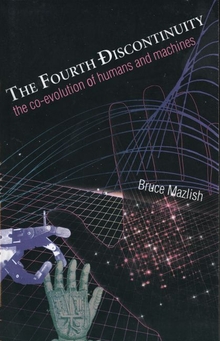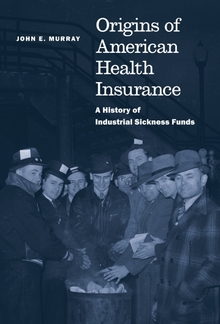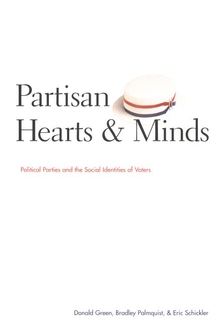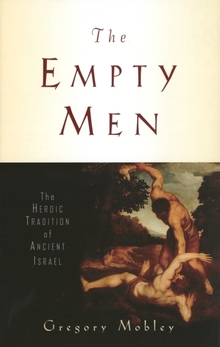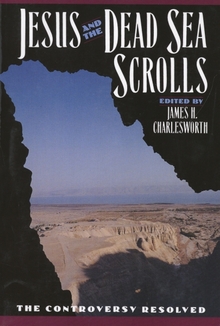The Fourth Discontinuity
WARNING
You are viewing an older version of the Yalebooks website. Please visit out new website with more updated information and a better user experience: https://www.yalebooks.com
The Co-Evolution of Humans and Machines
Bruce Mazlish
Mazlish argues that just as Copernicus, Darwin, and Freud overturned our illusions of separation from and domination over the cosmos, the animal world, and the unconscious, it is now necessary to relinquish a fourth fallacy or discontinuity--that humans are discontinuous and distinct from the machines they make. Drawing on history and legend, science and science fiction, Mazlish examines how events and individuals have shaped the ways that humans relate to machines. He describes early Greek and Chinese automatons (forerunners of the robot); he discusses the seventeenth-century debate over what was called the "animal machine"; he shows how the Industrial Revolution created a truly mechanical civilization; he looks at what thinkers such as Descartes, Linnaeus, Darwin, Freud, Pavlov, Charles Babbage, T.H. Huxley, and Samuel Butler contributed to our understanding of human nature as contrasted with animal or machine; and he surveys the modern revolutions in biogenetics and computer and brain sciences that have brought humans and machines closer together than ever before. Mazlish argues provocatively that human nature is best understood in the context of the machines and tools we have created and that humans and our creations—computer robots—will eventually evolve into two new species coexisting in a symbiotic relationship.
"Written with style and thoughtfulness, the book educates and intellectually provokes the reader."—Everett Mendelsohn, professor of the history of science, Harvard University
"Masterfully and without pretense, Mazlish takes the historical approach to guide the reader over the difficult terrain of technology and culture studies. He focuses our attention on one of the most subtle and timely problems in the field—the co-evolution of humans and machines—and he rewards us with new vistas of insight and understanding."—Thomas P. Hughes, Andrew W. Mellon Professor for the History and Sociology of Science, University of Pennsylvania
"A colorful consideration of man's long, fearful contemplation of the human-machine continuum. . . .illuminating [and] perceptive."—Steven Levy, New York Times Book Review
"An often interesting and provocative . . . historical exploration of humanity's relationship to machines."—Kirkus Reviews
"This provocative study. . . range[s] widely from Leonardo's inventions to genetic engineering, with excursions into ancient automata, Charles Babbbage's prototype computers, Mary Shelley's Frankenstein and Samuel Butler's Erewhon, Mazlish ponders our ambivalent relationship to technology."—Publishers Weekly
"An invigorating trot through the history of ideas. . . . [Mazlish] reaches back five centuries to trace the history of our uneasy relationship with the idea of artificial 'life' and mechanical aspects of the human being. What makes this analysis enjoyable is the way it interweaves science, technology and literature to depict a changing cultural gestalt."—Curt Suplee, Washington Post Book World
"In this remarkably insightful and audacious book . . . Mazlish presents a dazzling historical conspectus of how we have explained our links to the equipment we create. . . . Rare is the author who can bring alive such arcane debates and long forgotten dissertations. It is Mazlish's accomplishment that he does this in a vivid and succinct way. Perhaps even more important than this intellectual resurrection is the clarity with which he demonstrates how significant and relevant the ideas of time past are for contemporary society. . . . Written in a manner which both specialist and informed general reader can appreciate, [the book] opens the windows of the mind—and enables us to know things we should be reflecting upon, but rarely address."—Ralph Buultjens, Boston Book Review
"The relation of humans and machines has a relatively long history and Mazlish sparkles when he tells the story. . . . Mazlish is a brilliant historian and a master in describing topics that are fairly difficult to the nonspecialist to grasp. . . . [His] book is an eye opener."—George Windholz, Society
"Such a level-headed, witty approach cannot be anything other than welcome and refreshing."—Mark Bould, Public Understanding of Science
"An entertaining series of reflections on the history of the human image of the machine. . . . It teems with insights into the intellectual history of technical and fascinating premonitions of marvels yet to come."—W. Warren Wagar, American Historical Review
"This discourse is a seamless achievement; the reader is easily caught up in the play between human inventions and the longings that animated them. . . . It is a benchmark that summarizes the historic precursors of this moment in our relationship with our beloved computers. And it is a rich, inviting, problematic work for any humanist reader who feels ambivalent amid our current devotion to thinking machines. Finally, it is intellectually exhilarating for its voice, itself an embodiment of sensitive human mastery over the interwoven context of evolution, history, technology, and mind."—David Carr, Library Quarterly
"Once again, Mazlish brings us fascinating intellectual synthesis in the grand tradition. In his latest work, he locates the claims and achievements of artificial intelligence within the classical themes of western discourse. His surprising and provocative argument will be of interest to anyone who has wrestled with the complicated relationship between humans and smart machines."—Shoshana Zuboff, Professor of Business Administration, Harvard Business School, and author of In the Age of the Smart Machine: The Future of Work and Power
Publication Date: August 30, 1995
12 b/w illus.

